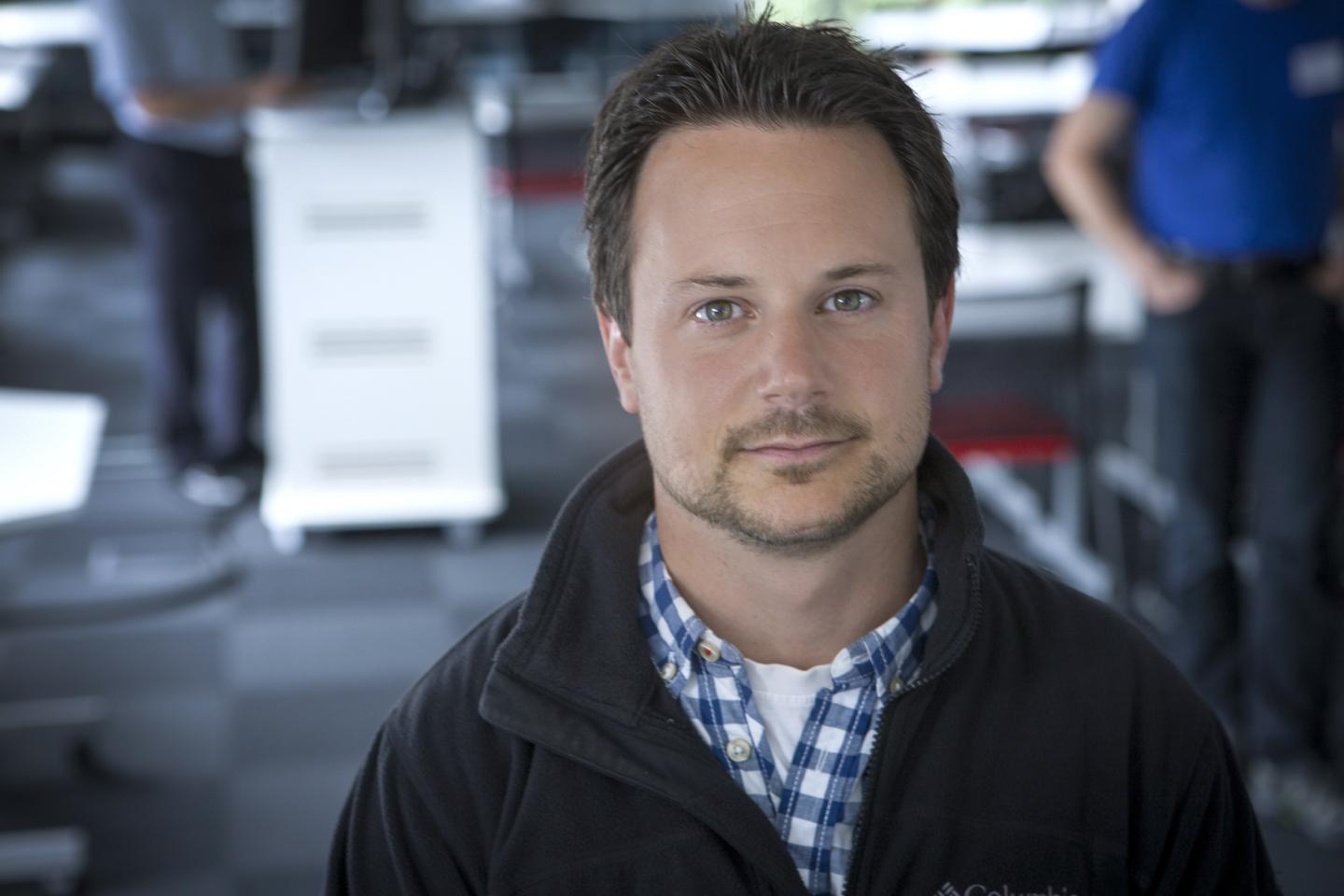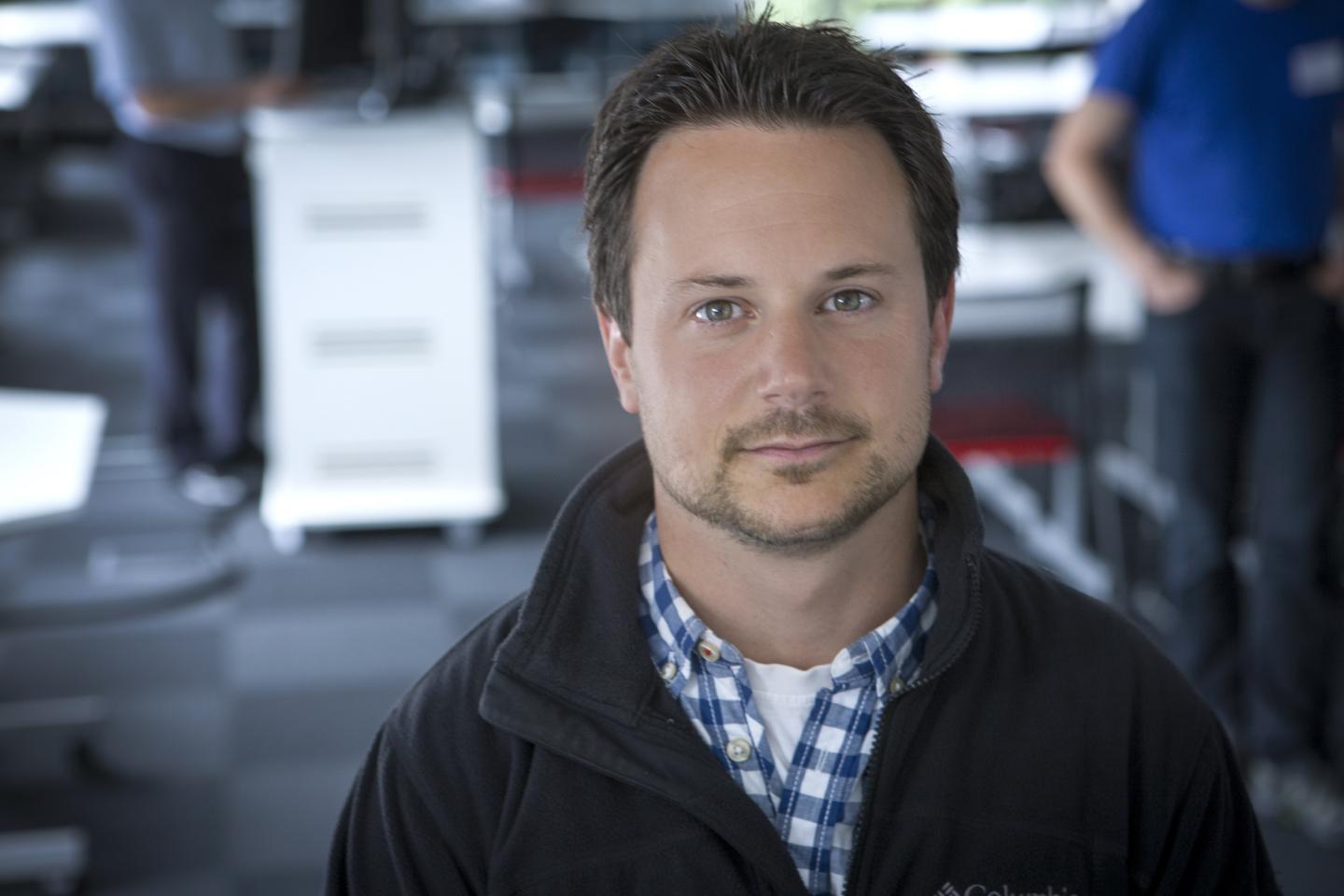
Credit: University of Plymouth
Social prescribing has the potential to address many of the factors that perpetuate illness, decrease quality of life and add to health care costs – such as social isolation, inactivity and smoking. It has expanded the options available to GPs who have patients requiring financial, housing and other social advice alongside their medical care.
In a piece published today, 18th July 2017, in BMJ Opinion, a health service research expert from the University of Plymouth warns that, in order for social prescribing to reach its full potential and make a true difference to patients, more needs to be done to understand what works, for whom, and in what circumstances.
Dr Kerryn Husk is a National Institute for Health Research Collaboration for Leadership in Applied Health Research and Care South West Peninsula (NIHR PenCLAHRC) health service research fellow in the Clinical Trials and Health Research Team at Plymouth University Peninsula Schools of Medicine and Dentistry.
Dr Husk highlights the potential of social prescribing and draws attention to instances where it has not achieved what it set out to do. An example is the exercise referral scheme (ERS), described by Dr Husk as "all but a panacea a decade ago". He states that, because ERS were adopted across the UK before its effectiveness was properly assessed, the outcome was that for a substantial number of patients ERS offered benefit that was not optimised.
"This sits at the heart of what needs to be done with social prescribing," said Dr Husk. "Greater attention needs to be paid to how it can address individualisation and be responsiveness to the needs of different groups of patients and care providers – one size does not necessarily fit all."
More research into the delivery and effectiveness of social prescribing could not be more timely – there is a policy push in the UK to see social prescribing as part of the 'new models of care' which aim to contribute to health creation and reduce pressure on the NHS through better healthcare utilisation.
Said Dr Husk: "We must seize the opportunity we have now to develop a programme of research alongside the implementation of social prescribing …. so as to understand which patients can accrue benefits (improved social functioning, disease prevention, fewer admissions) and from which interventions."
He also suggests that there needs to be a deepened understanding of each patient's "nuanced interactions" with the professionals and advisors they encounter on their social prescription journey.
He added: "If we want to harness the great work now being undertaken in community and primary care settings up and down the UK, we need to understand what works in social prescribing, for whom, and in what circumstances."
###
Read Dr Husk's piece – http://blogs.bmj.com/bmj/2017/07/18/social-prescribing-offers-huge-potential-but-requires-a-nuanced-evidence-base/
Media Contact
Andrew Gould
[email protected]
@PlymUni
http://www.plymouth.ac.uk





